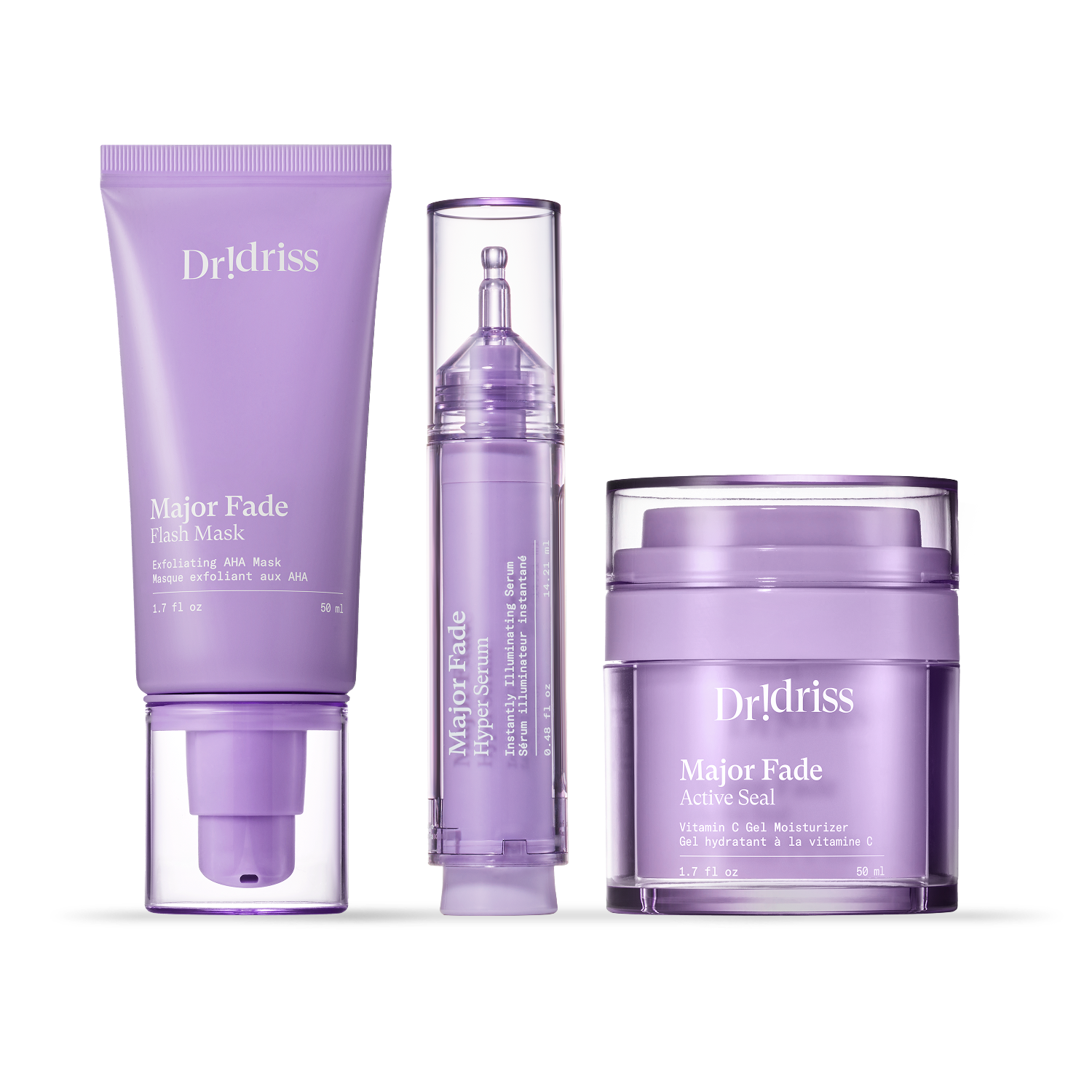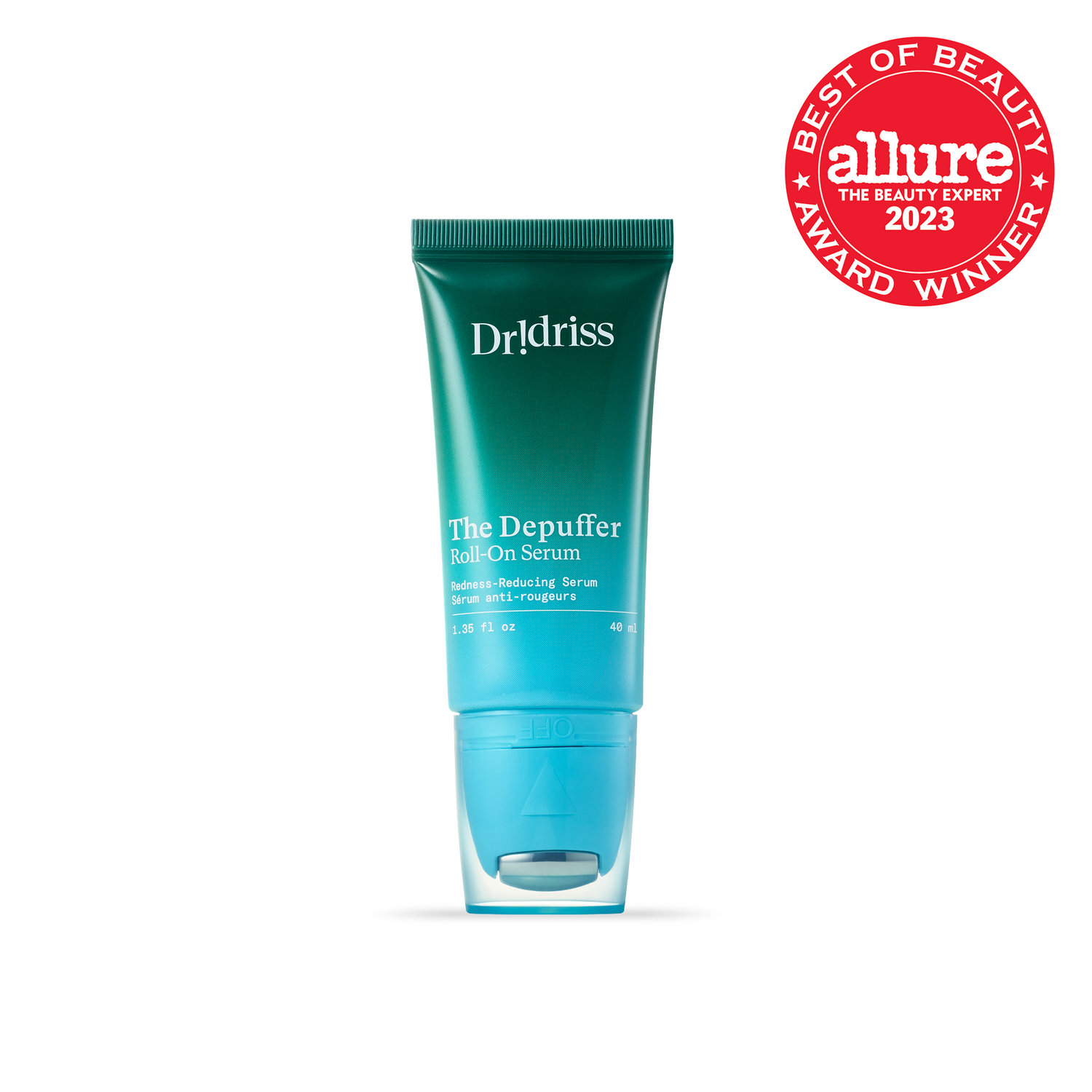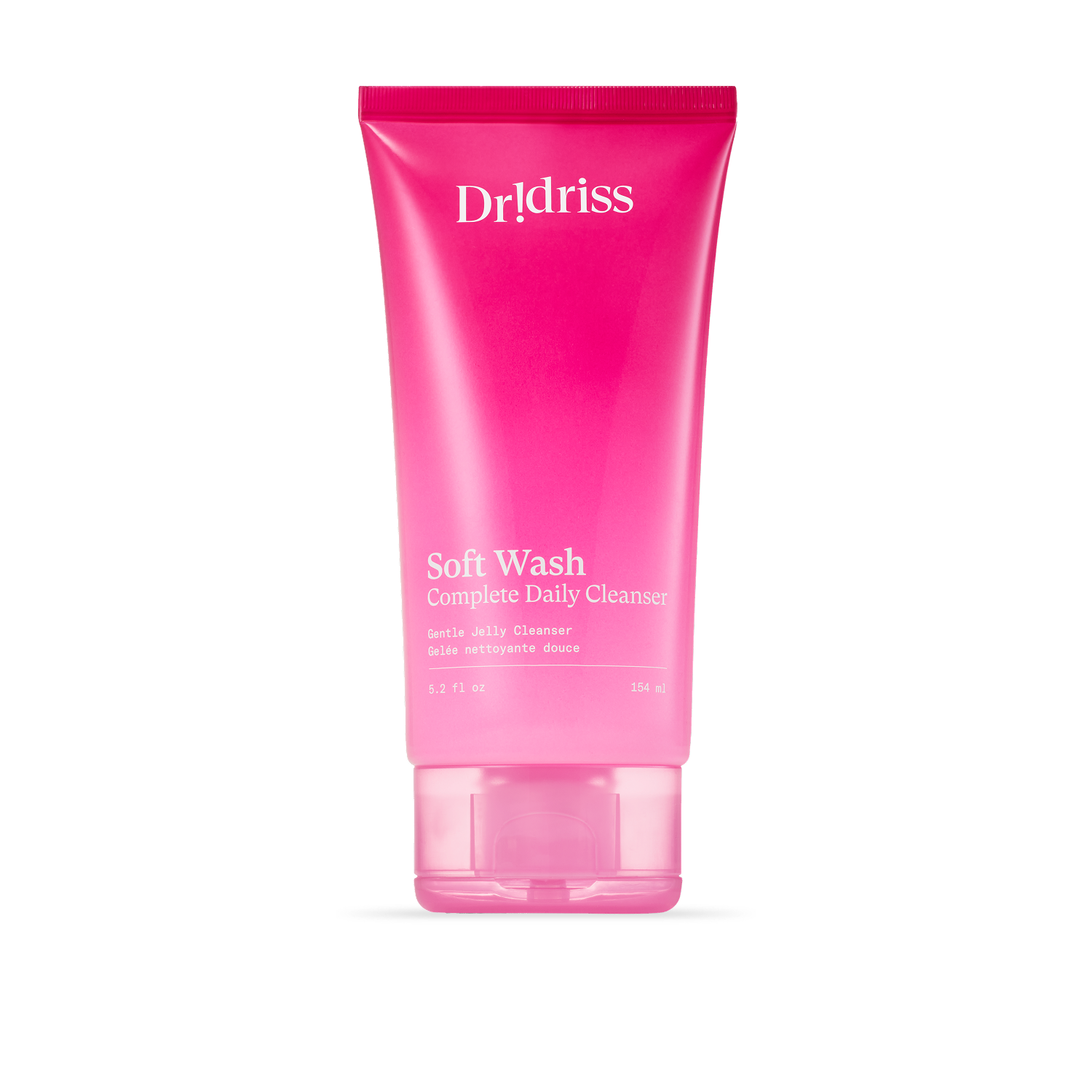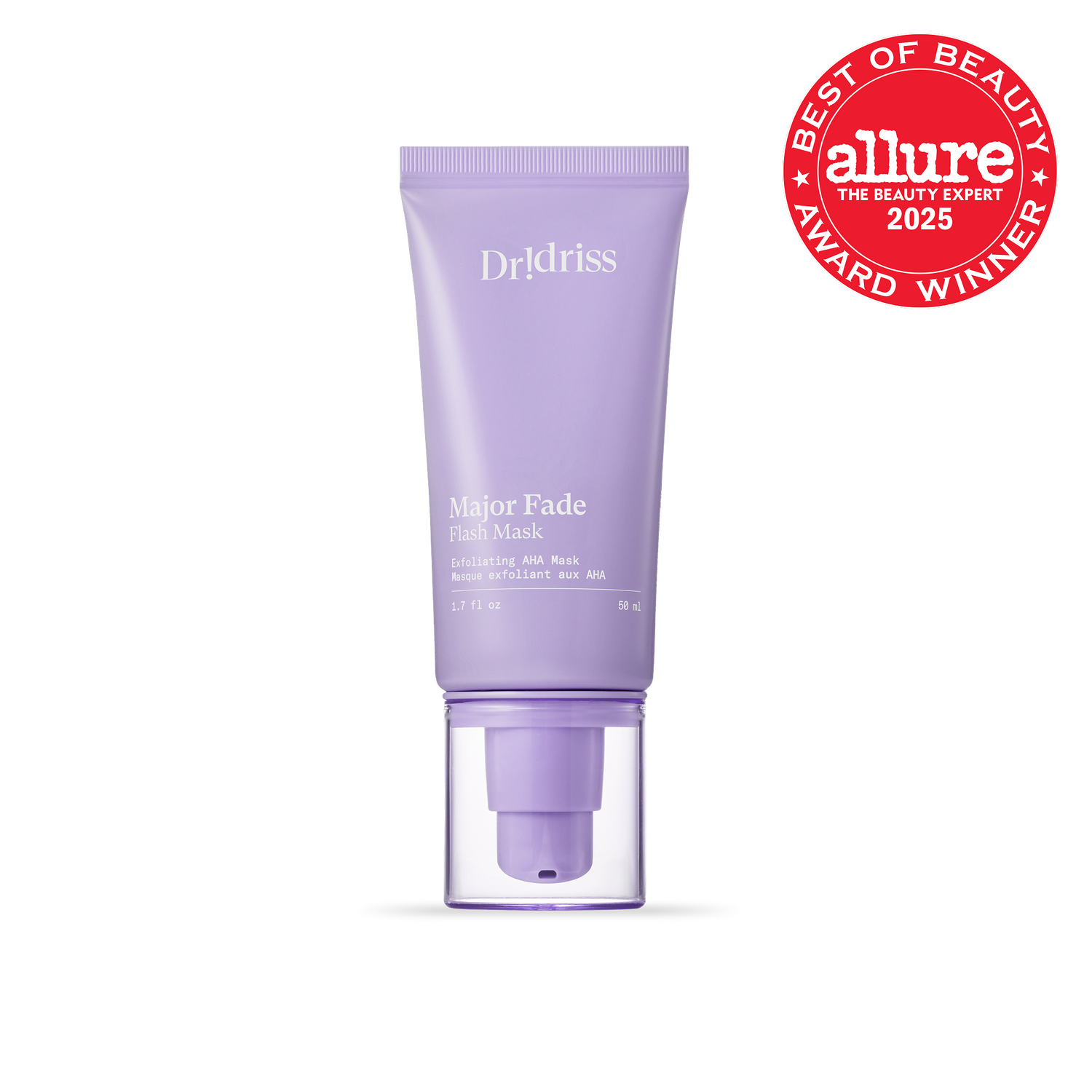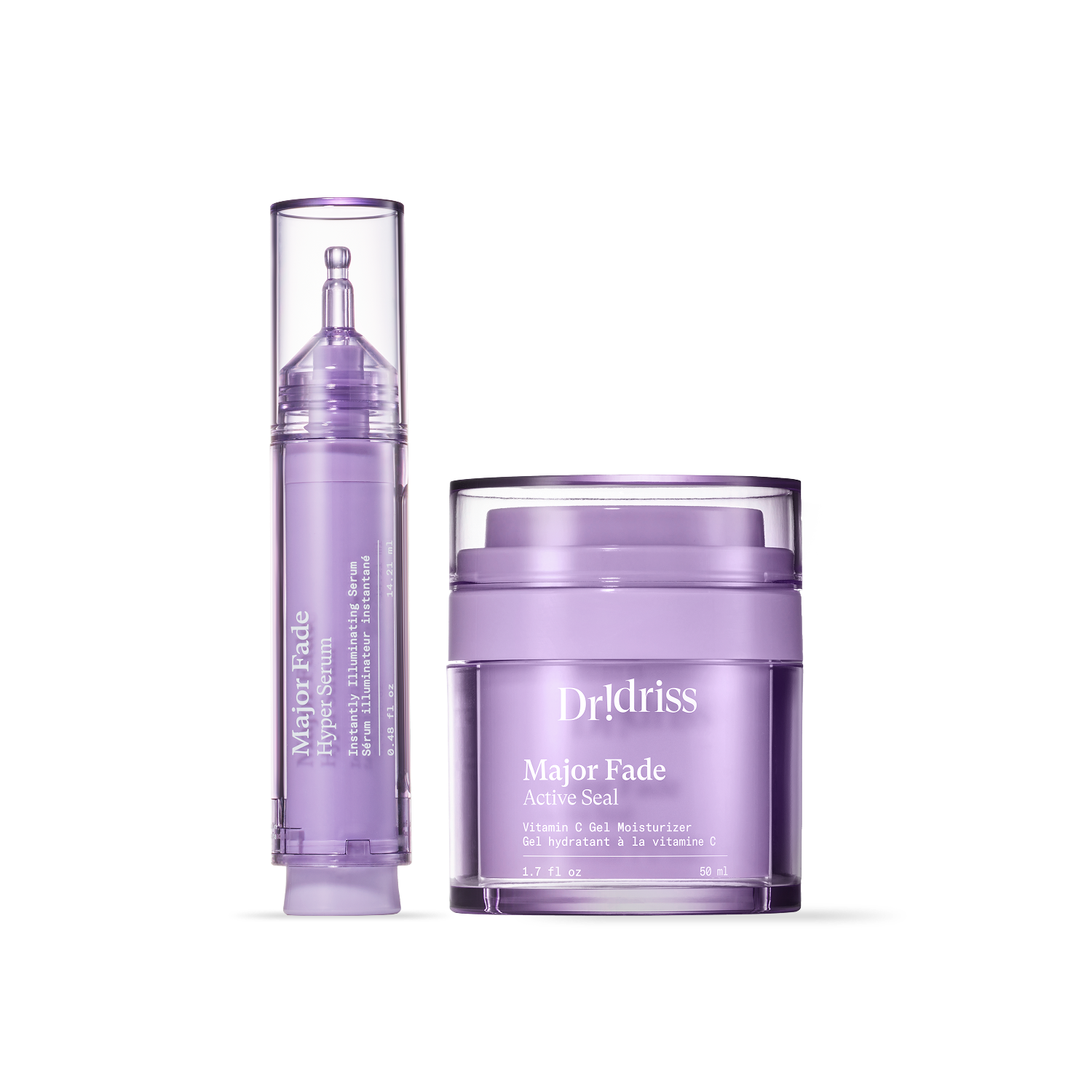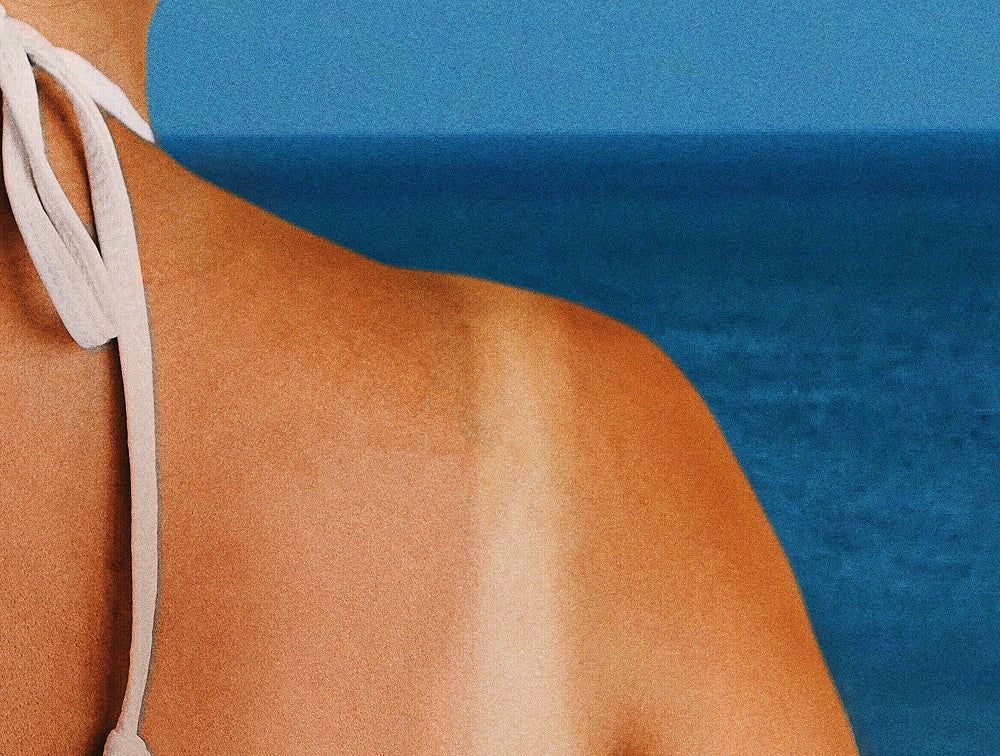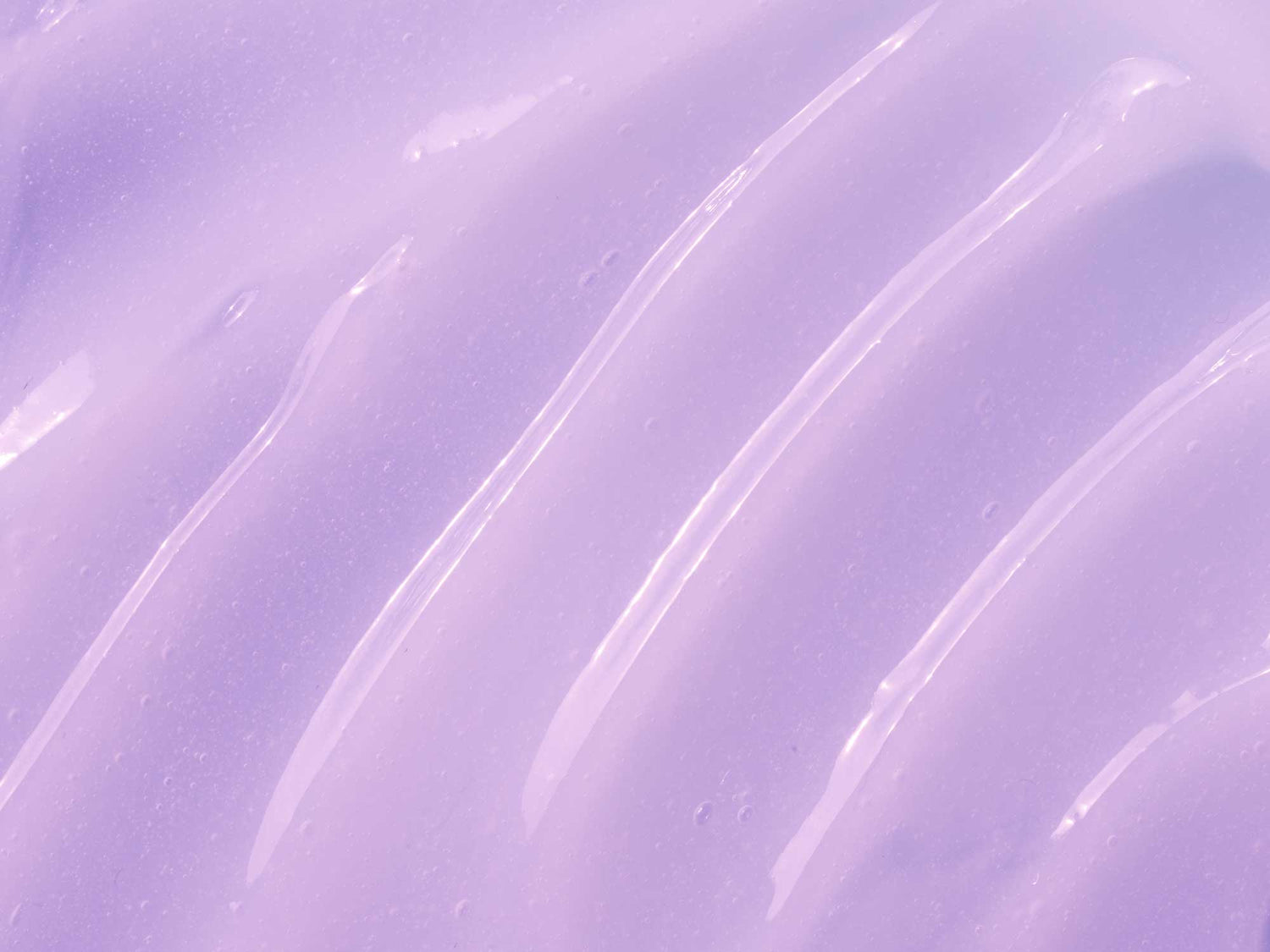If you’ve spent any time scrolling skincare TikTok or navigating SPF aisles lately, you’ve probably heard it: “No white cast!” “Reef-safe!” “Chemical-free!”
There’s a lot of sunscreen marketing out there. Some of it’s helpful — a lot of it isn’t.
If you’ve ever wondered about the differences between mineral vs. chemical sunscreen, you’re not alone. This post is here to set the record straight. We’re breaking down what really matters when it comes to sunscreen filters and who’s being left out of the conversation (and why that matters).
Let’s get into it.
White Cast in Mineral Sunscreen: What You Should Know
Lately, it feels like every brand is launching a new mineral sunscreen. And almost all of them are promising a “no white cast suncreen” experience. The problem? Most of those claims aren’t actually true, especially for people with deeper skin tones.
Here’s the science:
Mineral sunscreens, often considered the best sunscreen for sensitive skin, rely on ingredients like zinc oxide and titanium dioxide to physically block UV rays. These are white powders by nature. And while brands can try to tint them with iron oxides or micronize the particles, they’ll never be completely invisible on everyone, especially on Fitzpatrick skin types 4–6.
This has led to a bigger issue. As the industry has shifted away from chemical sunscreens due to consumer concerns, it has unintentionally excluded a large portion of the population from products that will actually work for them.
Bottom line: promising “zero white cast” without considering deeper skin tones isn’t just misleading — it’s a public health problem. Everyone deserves sun protection that feels good, looks good, and works.
Understanding Mineral vs. Chemical Sunscreen Filters
Sunscreens fall into two main categories, and understanding the difference can help you choose the formula that works best for your skin.
Mineral Sunscreen
Also known as physical or inorganic sunscreens.
Key filters: Zinc oxide and/or titanium dioxide
How it works:
It was previously thought that mineral sunscreens sit on top of your skin and act like a mirror, physically deflecting UV rays before they penetrate. However, recent research has shown that they work similarly to organic/chemical sunscreens, also converting UV rays to heat before releasing them.
Pros:
-
Often less irritating for sensitive or reactive skin
Cons:
-
Can leave a white cast (especially on deeper skin tones)
-
Can have a thicker texture and feel heavier on the skin
Chemical Sunscreen
Also called organic sunscreens. Chemical filters are technically organic molecules.
Key filters: Avobenzone, octinoxate, oxybenzone, octocrylene, homosalate, and octinoxate
How it works:
Chemical sunscreens absorb into your skin and convert UV rays into heat, then release that heat from the skin.
Pros:
-
Lighter, more cosmetically elegant (easy to wear under makeup)
-
Easier to blend into all skin tones — no white cast
-
Water-resistant options often last longer
Cons:
-
Can sometimes irritate sensitive skin or eyes
The term “chemical” has gotten a bad rap, but it’s important to know that chemical = organic in this case. That’s right: organic filters. And while some concerns (like endocrine disruption or coral bleaching) have circulated online, they’re largely based on outdated or animal studies at unrealistic doses.
Here’s something else to consider: most of the Korean sunscreens people love for their texture and finish? They’re made with chemical filters. So if you’ve found a sunscreen you actually like using, chances are it’s already a hybrid or chemical formula.
How to Choose a Sunscreen That's Best for You
The best sunscreen is the one you’ll actually wear. Every day. In the right amount.
Some skin types do better with mineral filters. Others need the flexibility and elegance of a chemical formula. Many people fall somewhere in between. And both options are safe and effective when used properly.
Your Smart Sun + Skin Strategy
-
Pick a sunscreen you’ll actually wear, whether mineral, chemical, or hybrid
-
Apply two full fingers’ worth every morning — and reapply every 2 hours and after swimming or sweating
Take sun protection to the next level with Dr. Idriss’ Major Fade Disco Block SPF 50 — our 3-in-1 multitasking organic/chemical sunscreen that provides broad-spectrum UVA/UVB protection, hydrates and gives an instant glow, and helps reduce the look of existing sun damage.
Sun protection doesn’t just stop at sunscreen. You should also protect yourself with sunshields (try our Major Shade Full Lux Sunshield), wide-brimmed hats, and UPF clothing (like our Major Shade Multi-Play UPF 50+ Rashguard).
Any questions? Reach out to our Customer Experience team at hello@dridriss.com, and we’d be happy to chat!







